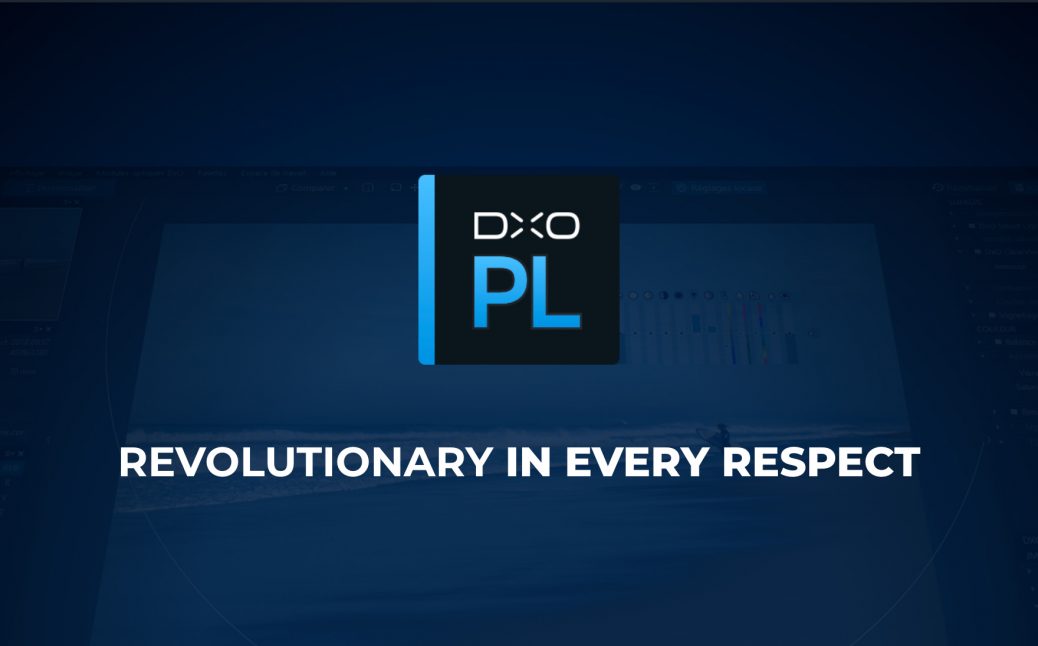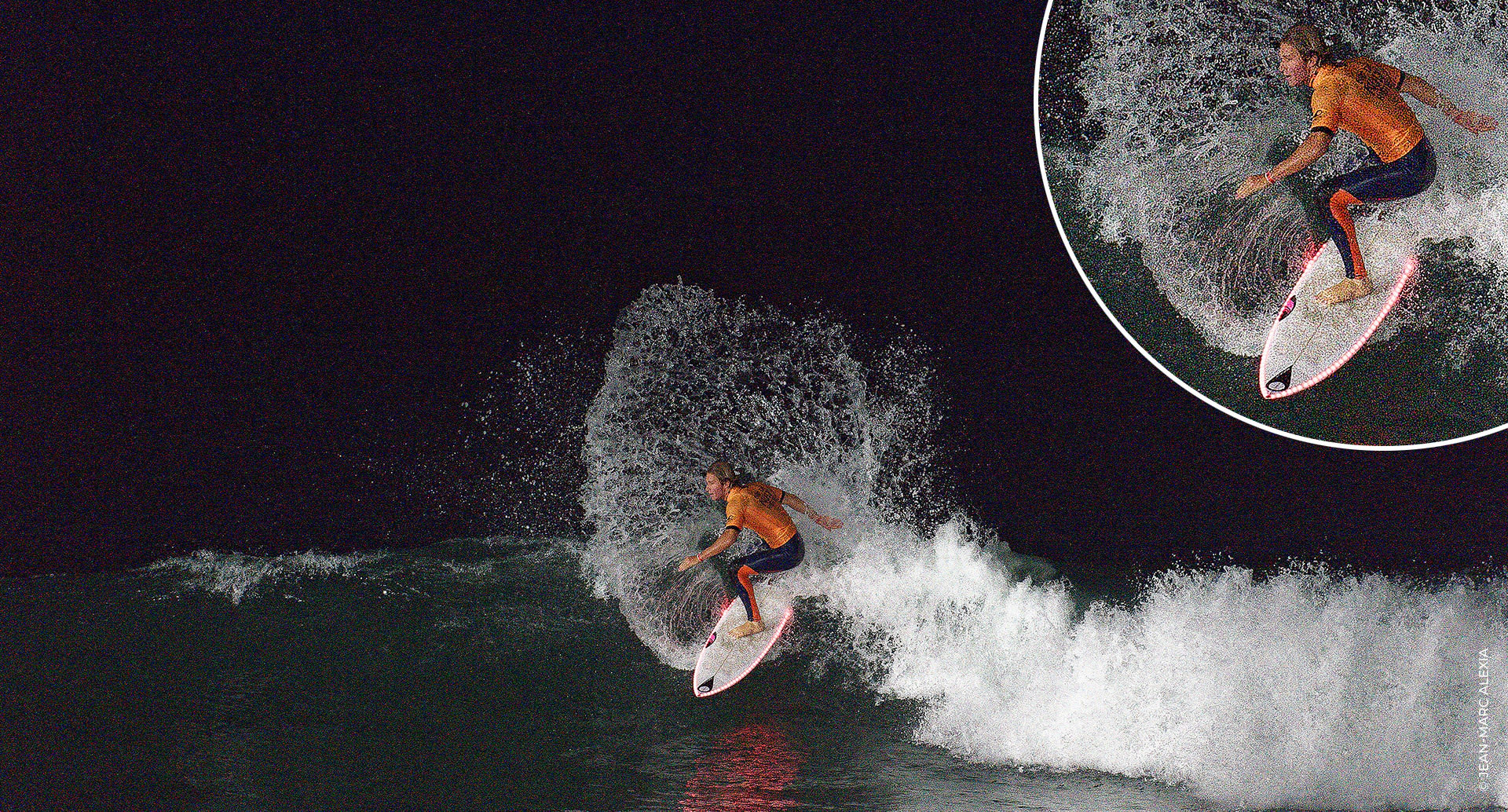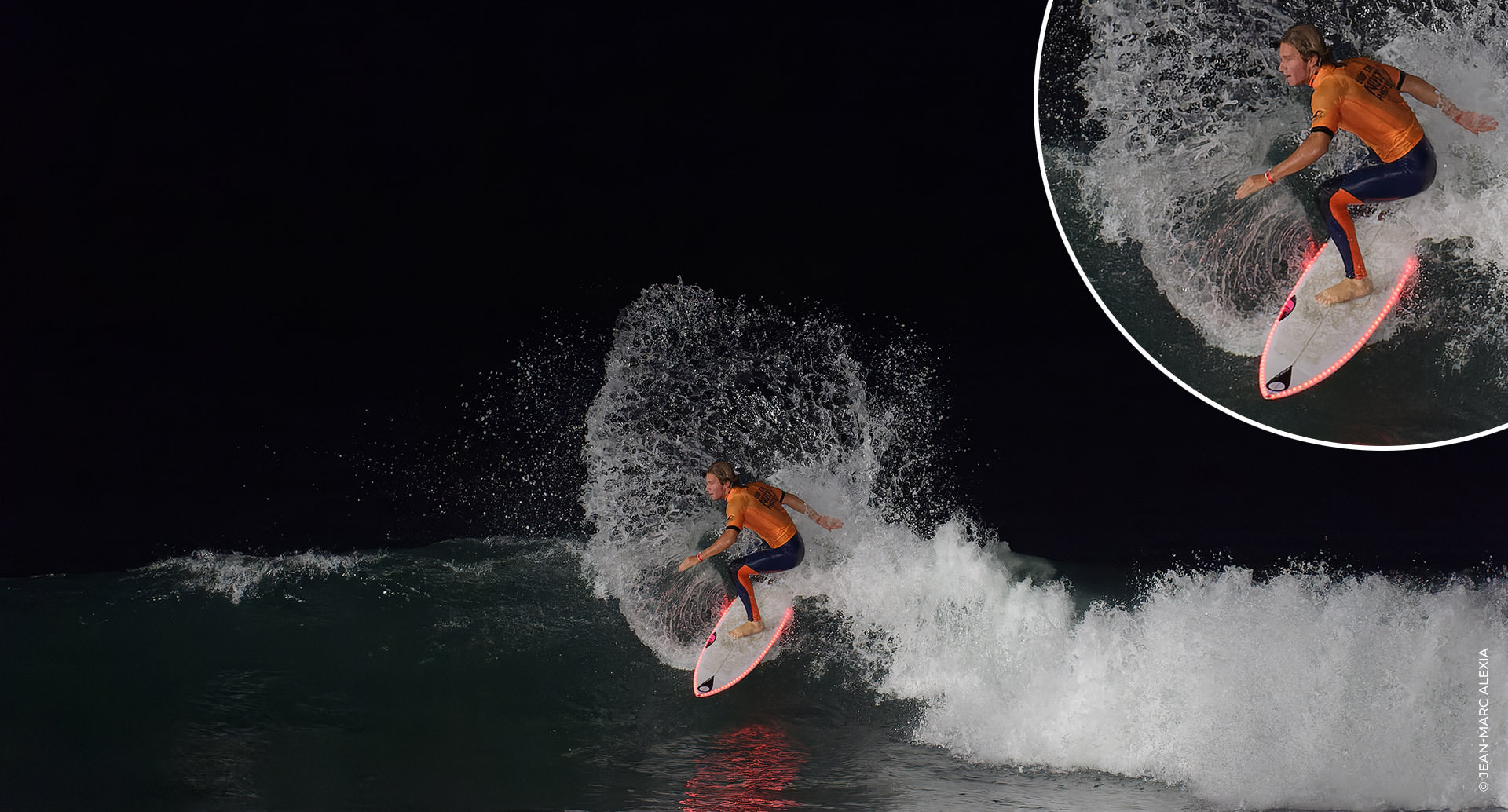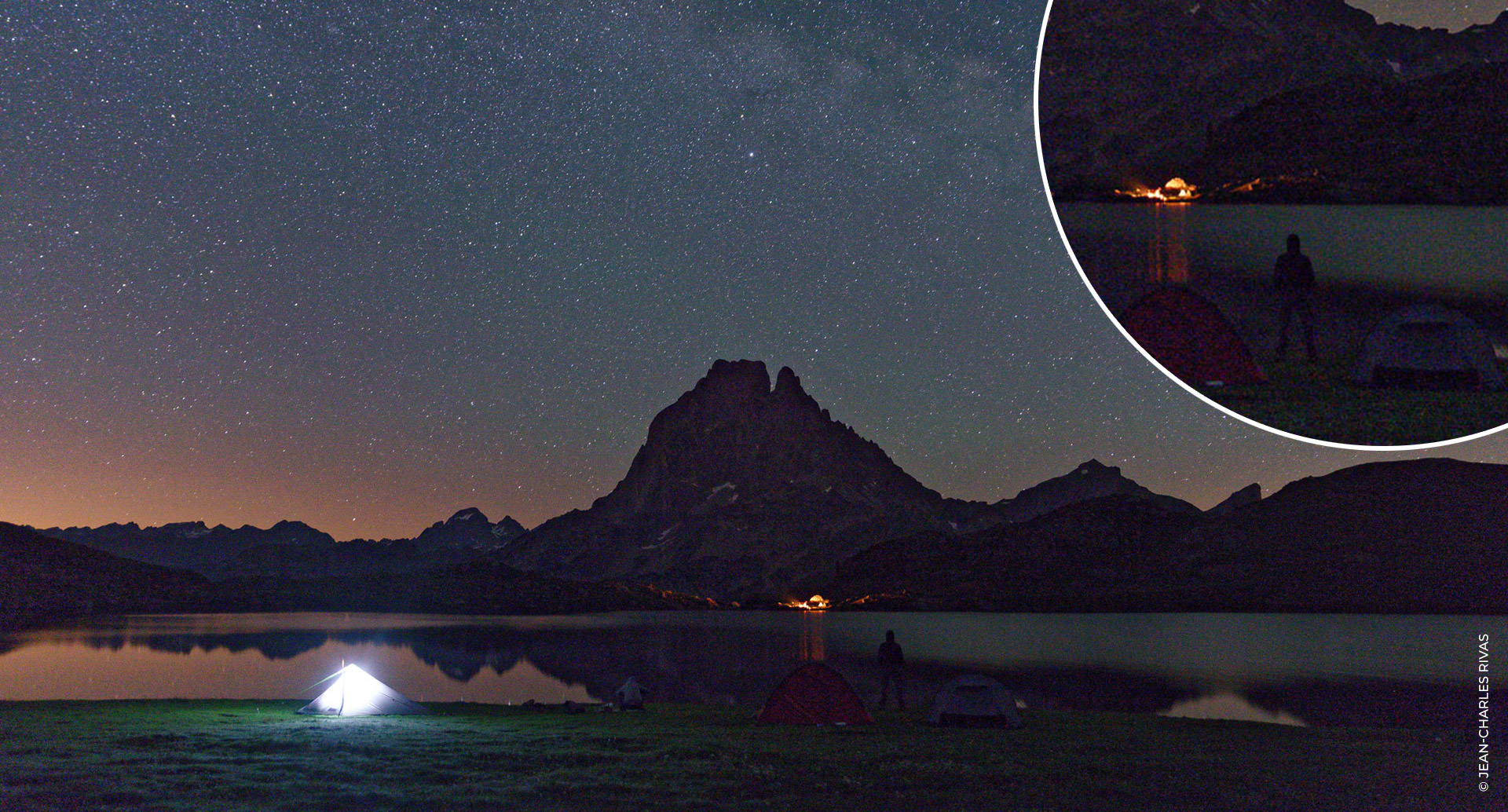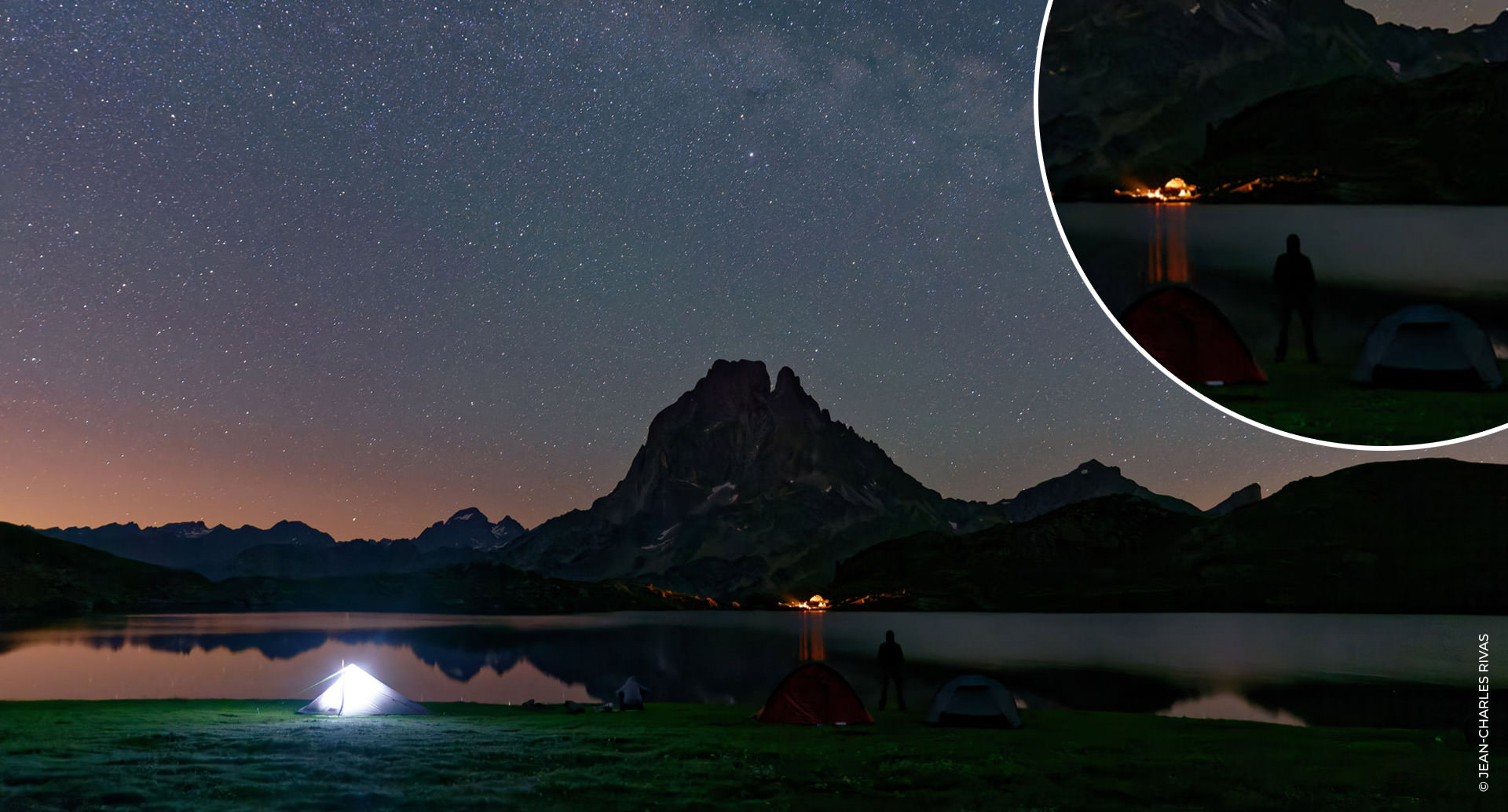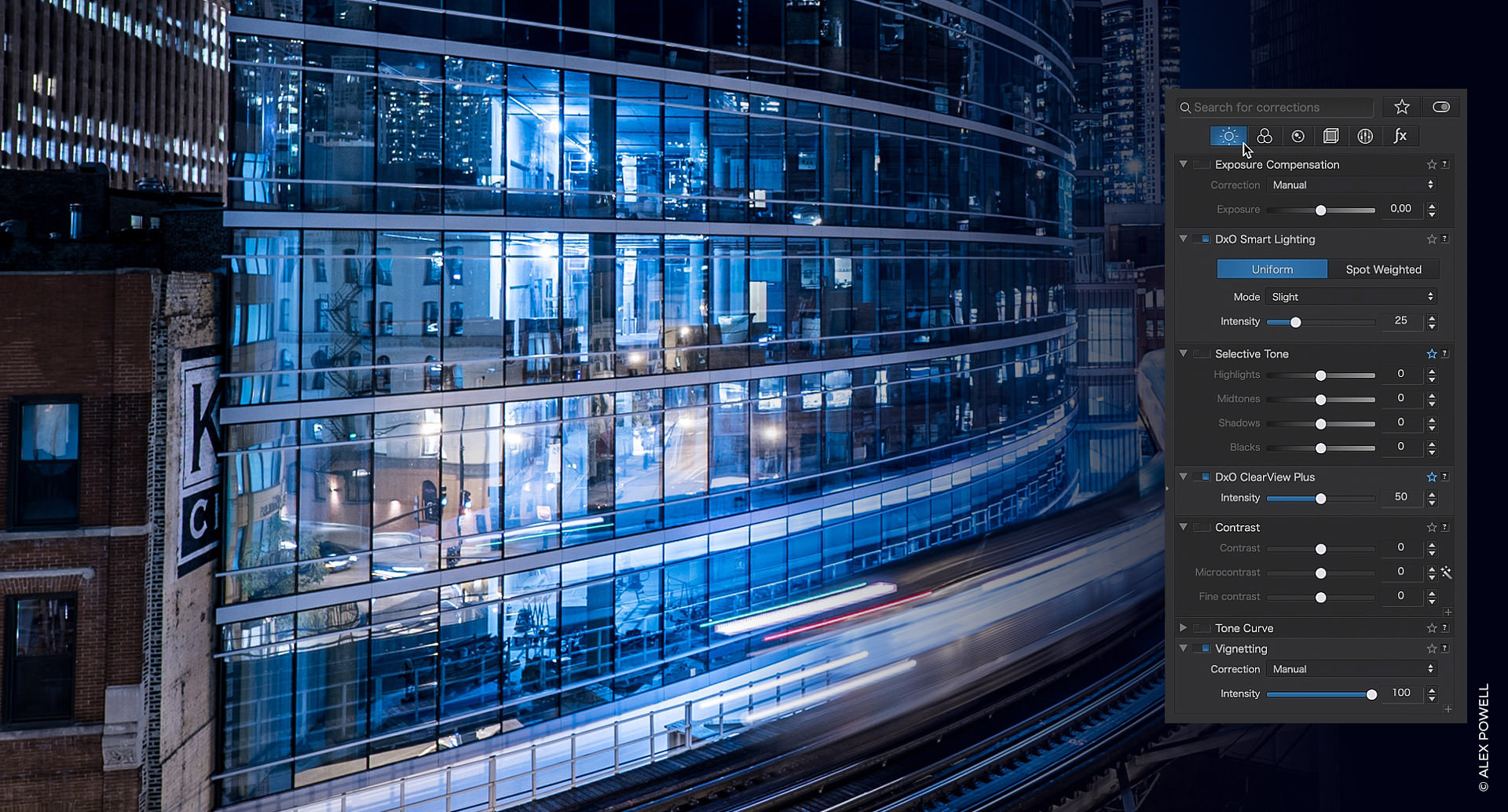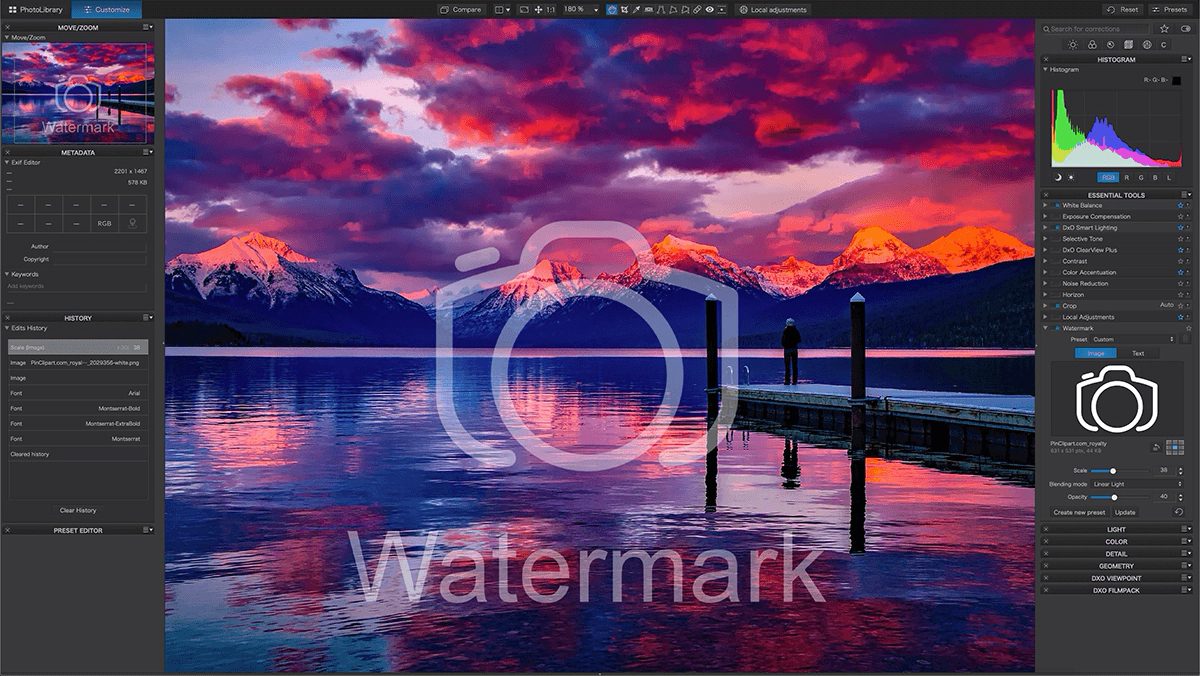DxO Unveils PhotoLab 4 with DeepPRIME AI Technology
DxO, one of the most innovative companies in the field of photography and image editing, is unveiling DxO PhotoLab 4, a major update of its multiple award-winning photo-editing software. This latest version features DxO DeepPRIME, a revolutionary demosaicing and denoising technology based on artificial intelligence and trained with deep learning.
DxO PhotoLab 4 has also added a new dynamic interface system called DxO Smart Workspace, enriched its photo library with a batch renaming feature, and created an even simpler workflow by adding a new and exclusive editing history tool called DxO Advanced History and the ability to selectively copy and paste specific settings. Lastly, the new DxO Instant Watermarking feature lets users sign their photos by adding a watermark directly to the image.
Trained using the millions of photos DxO’s laboratories have analyzed for more than 15 years, DxO DeepPRIME employs cutting-edge artificial intelligence and drastically improves digital noise reduction while also delivering more effective demosaicing. The resulting photo quality is nothing short of spectacular, especially for photos taken in low light conditions that require brightening certain areas, photos with small pixels, and photos taken with early-generation cameras.
To reduce noise and demosaic RAW images, DxO DeepPRIME was trained using several billion samples. Since its founding in 2003, DxO has earned an international reputation for calibrating hundreds of cameras and thousands of lenses using a protocol that is more extensive than any other in the industry. DxO has measured the distortion, vignetting, chromatic aberrations, loss of sharpness, and digital noise generated by each equipment combination and in every situation with an extraordinary level of precision.
Using a traditional approach, these two operations are performed separately, with each one introducing artifacts that degrade the quality of the other. With deep learning, DxO DeepPRIME has adopted a holistic approach that combines the two steps into one in order to deliver exceptional performance.
With DxO DeepPRIME, all information in a photo, especially photos taken in low light, is rendered beautifully. Color details are better preserved, and the transitions are more natural and regular. Compared to DxO PRIME, DxO’s previous denoising algorithm and the current standard among photo-editing software programs, DxO DeepPRIME delivers a gain of around two ISO sensitivity values at a comparable level of quality.
“There are a number of applications for DxO DeepPRIME,” explains Jérôme Ménière, CEO of DxO. “DxO DeepPRIME creates new creative opportunities by helping expert photographers overcome digital noise or a lack of light. For amateur photographers, DxO DeepPRIME compensates the drawbacks of the smaller sensors on compact and bridge cameras, which can typically only take high-quality images in bright light. Lastly, it can also be used to revamp photos taken by less advanced cameras from the start of the digital era.”
DxO’s dynamic Smart Workspace is based on a groundbreaking system of filters that can be accessed directly from the toolbar. It allows users to show tool palettes by correction type, only display their pre-selected favorite palettes, or only show palettes with activated corrections. In addition, DxO Smart Workspace can also instantly open the desired palette when users search for a tool in a dedicated search field.
With its display filters and exclusive search feature, the dynamic DxO Smart Workspace feature helps users significantly increase their productivity and provides them with a workflow adapted to each individual’s needs, regardless of their level. It also makes transitioning from other software programs to DxO PhotoLab smoother by helping photographers quickly get their bearings.
DxO PhotoLab 4 lets users edit the names of multiple files in a single step. From the DxO PhotoLibrary or directly from the Photo Browser, users can select several files, then use a dedicated dialog box to rename them, add text before or after the existing names, and number them.
By offering both editing features and the option to search and replace, DxO PhotoLab 4 lets photographers edit a series of images and effectively manage their photo libraries, resulting in a substantial increase in productivity.
The new History palette in DxO PhotoLab 4 lists all corrections applied to an image successively and by chronological order. In this way, it saves every edit that has been made to a photo. It also displays the editing values next to each state of the image as well as the difference compared to previous values. This lets photographers navigate to different moments in the editing process without losing sight of every change that has been made to the photo.
For complex edits, such as presets or several settings from the same tool, DxO PhotoLab 4 is the only photo-editing software that includes grouped adjustments in its history. These edits can be hidden as needed.
The ability to selectively copy and paste settings is a DxO PhotoLab 4 feature that lets users synchronize the settings of several similar images by applying a specific selection of individual edits from one photo to another. From the Photo Browser, users can select the specific edits they want to apply to one or several other images by editing type, such as lighting, color, detail, local adjustments, geometry, or watermarking.
Most photo-editing programs let users add a watermark but do not let them directly preview the final version. They also don’t allow users to manage blend modes. The powerful and flexible DxO Instant Watermarking tool lets users embed a text and/or image in the background of one or several photos at the same time and then instantly view the result. The placement, orientation, scale, margins, and opacity of the watermark are fully configurable. DxO PhotoLab 4 is the only tool to offer seven blend modes that take into account background lighting to ensure the image or text signature is easily visible.
DxO PhotoLab 4 continues to add the latest cameras to the list of equipment it supports. It has added support for the Canon EOS R5, EOS R6, and EOS 850D, the Nikon D6 and Z5; the Olympus OM-D E-M10 Mark IV; and the Panasonic Lumix S5 cameras. More than 60,000 camera and lens combinations are now available.
DxO PhotoLab 4 Essential Edition is available for $99.99 USD and the Elite Edition is $149.99. Existing owners of PhotoLab 3 can purchase an upgrade license by signing into their customer account on this webpage. You can also download a fully-functional one-month trial.
More info on DxO’s website.

